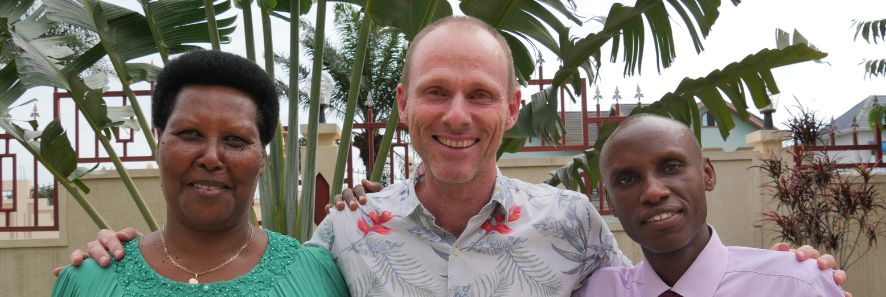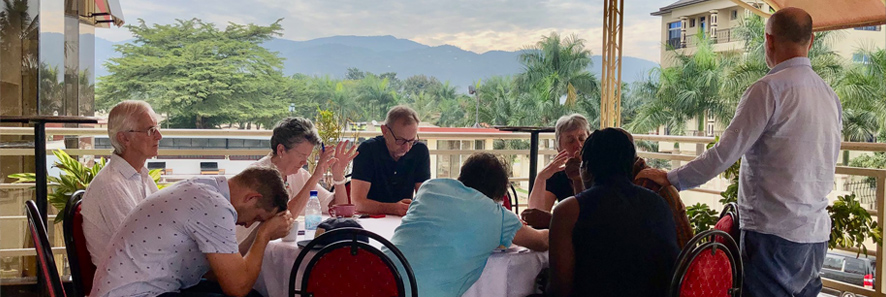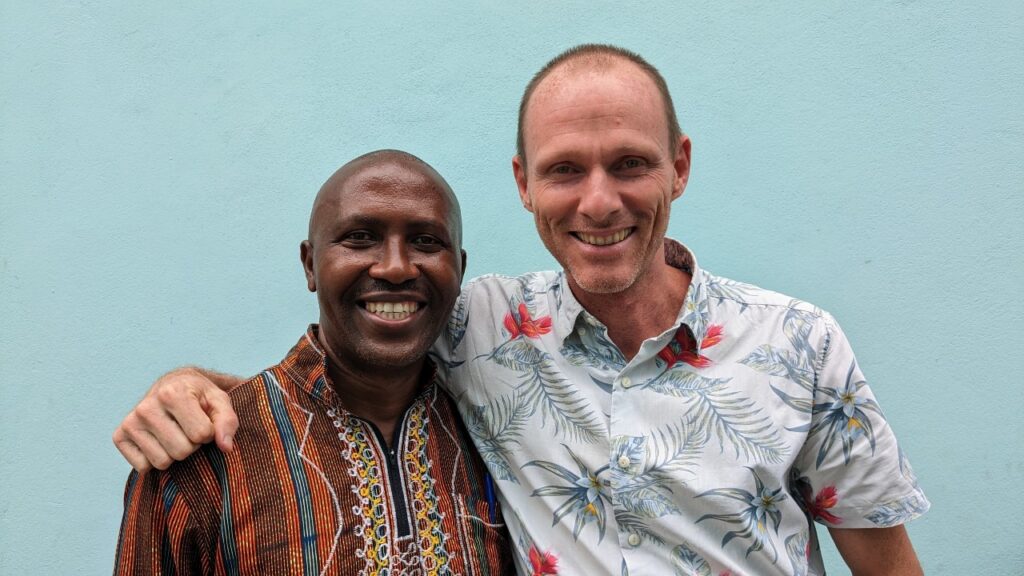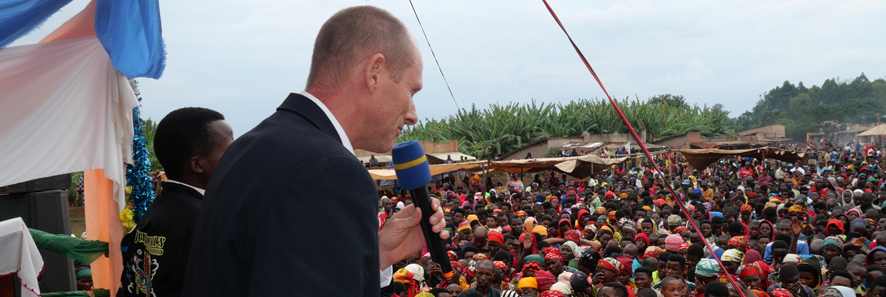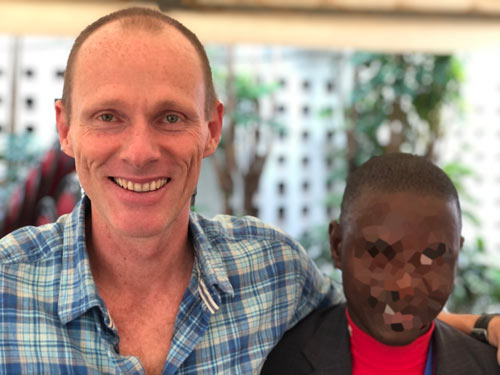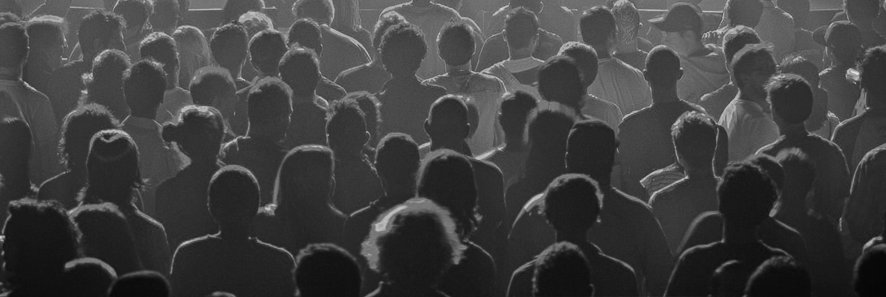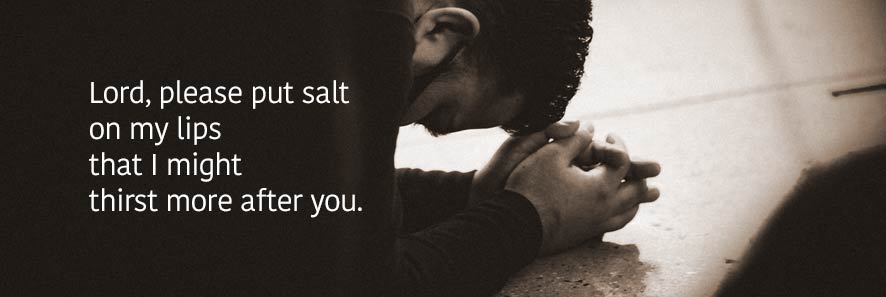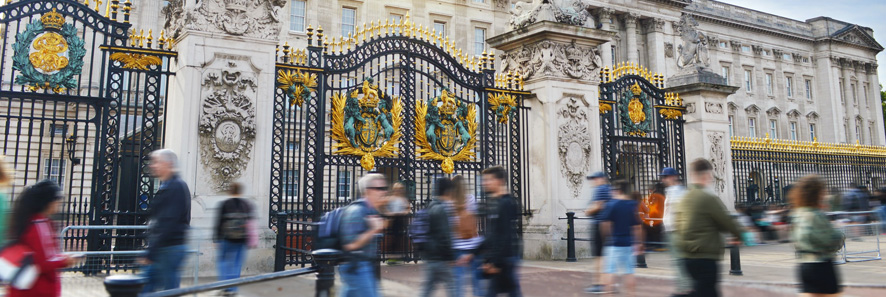As I stood up to preach, I burst into tears in the pulpit.
It was July 2003 and I had flown back from Burundi and on to the USA for my first preaching tour there. I was with a wonderful church called St Andrew’s in Mt Pleasant, South Carolina.
Memories of this moment came flooding back a few days ago when I visited my old office on the outskirts of Bujumbura. It was a time of reminiscing and rejoicing.
Back in 2003, I was distraught because at the very moment I was preaching at the midweek service, in Burundi rebels had attacked the capital. Indeed, they had taken over my office and were using the upstairs balcony as a launch pad for their RPGs on the nearby military camp (see the video clip above).
Many people were being killed, and I was concerned that my colleagues were among the dead. I found out later that our neighbour was killed, but none of my team. In fact, one of them had crept back through the carnage to rescue key documents on the computer for the printing of the annual national Bible-reading notes, risking his life in the process! Tragically, as it later transpired, most of the dead were 11-15-year-old child soldiers, high on drugs and believing the bullets wouldn’t affect them, sent in as cannon fodder by their cowardly superiors.
Over the coming days, three of our partner organisations – Youth for Christ, New Generation, and Harvest for Christ – teamed up to go and minister to the traumatised inhabitants. Risking their lives amongst unexploded mines and grenades, they cleared away debris, helped rebuilt trashed houses, prayed with people, and – very significantly – sang songs of praise. It’s hard for us to understand, but the rebels had sung those same worship songs (the roots of that rebel group were in Seventh Day Adventism) as they wrought havoc a few nights earlier; so for our brave young disciples to now be singing them again was to reclaim those songs and help remove the trauma and negative association that came from them. It was a powerful witness.
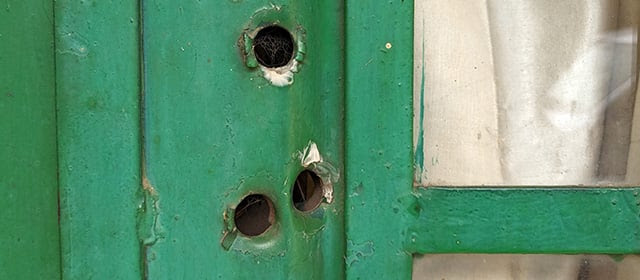
Back to my preach at St Andrew’s. They ministered to me by washing my feet and allowing me to weep. It was holy ground. And I believe a deep connection was forged, which led to a long-standing fruitful relationship over the last few decades. In fact, we ended up living there for two years to set up GLO USA, and I’ll be back visiting in a couple of weeks again.
The rejoicing I mentioned that accompanied the reminiscing a few days ago on my recent trip was because of what has happened 20+ years later. That trashed Scripture Union office lay vacant for a number of years, becoming more and more decrepit, until we created a brilliant win/win. GLO would pay for the rent of the building, and put in four of our partners, who would love the chance to have free office rental and would take care of the property.
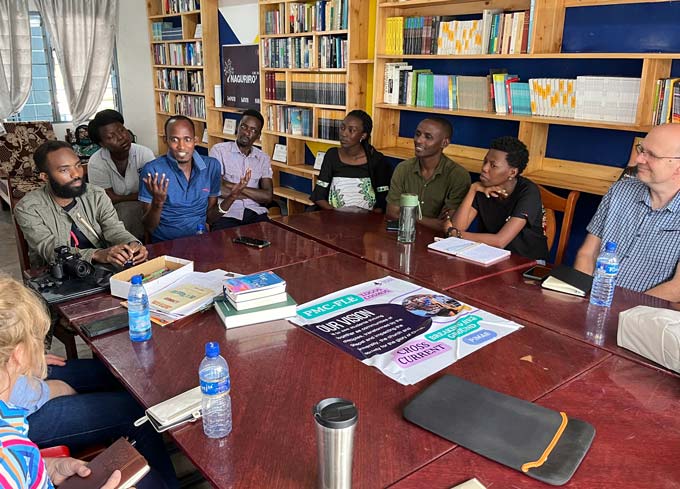
So I was thrilled to take my visiting team around the building. Some of the old bullet marks remain in the window frames, walls, and doors, reminding us of darker days. But a lick of paint or two, and with furniture filling the various rooms, it was vibrant with life. There was Evangelism Explosion, one of (if not the) strongest movements in Africa, which has seen hundreds of thousands of people coming to Jesus over the last two decades; there was Igniting Communities for Jesus, who have created a store at the back and have 28,000 Bibles to give out in the coming months, to complement their discipling widows and orphans out of poverty; there was UGBB, who work on 26 campuses throughout the country and are full of vision for the student scene; there was Restoration Burundi, working with returning refugees, as well as raising emerging leaders and producing radio programs accessed nationwide. And each of them are doing way more than the one sentence I’ve written on them.
It was bursting with life, and full of synergies, which is exactly what GLO is about: identifying, empowering and equipping the best local leaders of passion, integrity, gifting and vision, for the transformation of the nation bottom up and top down.
Back then we had six partners, now we have twenty-five! Beautiful!
Thanks to all of you who journeying with us. Even last week whilst we were there, nine people were killed by a different rebel group just a few miles to the North of us, so please pray on for peace and prosperity for this precious nation.
Could you support our strategic, nation-shaping work with a regular donation?
